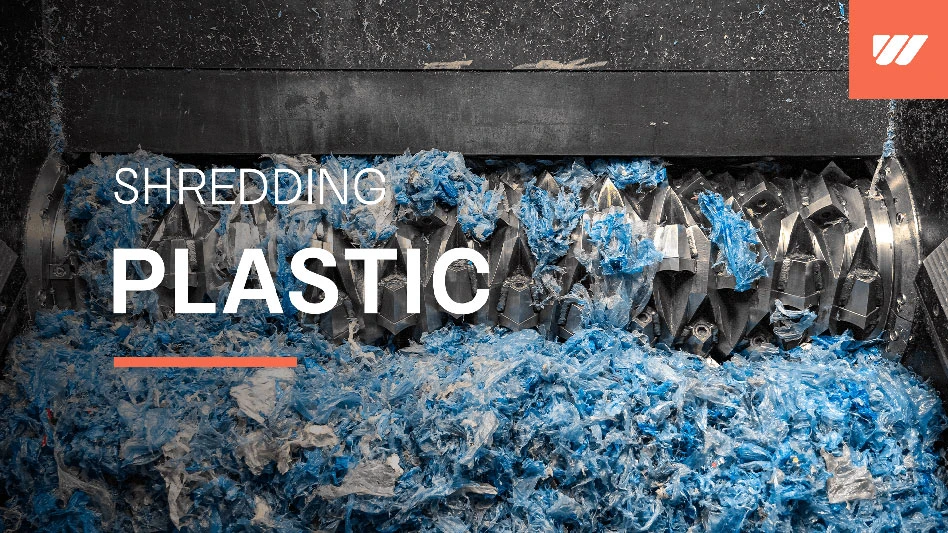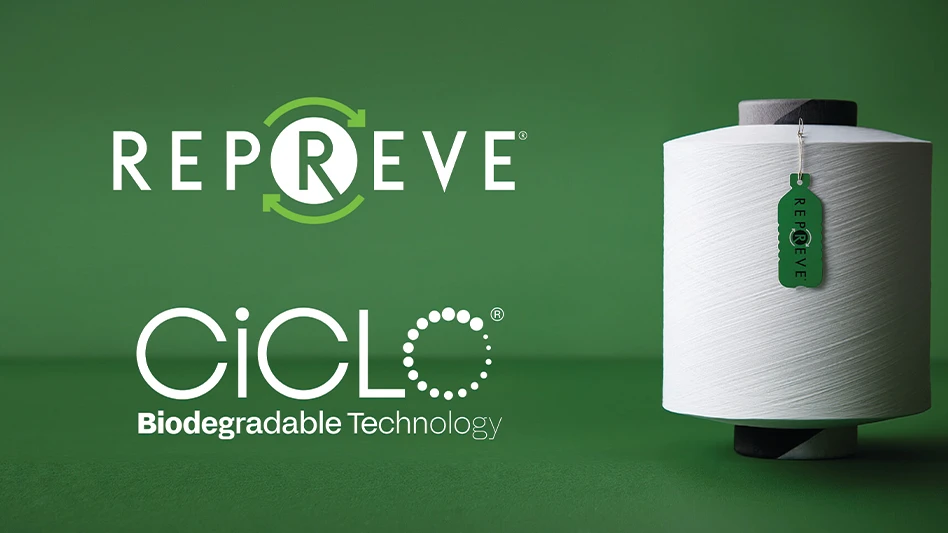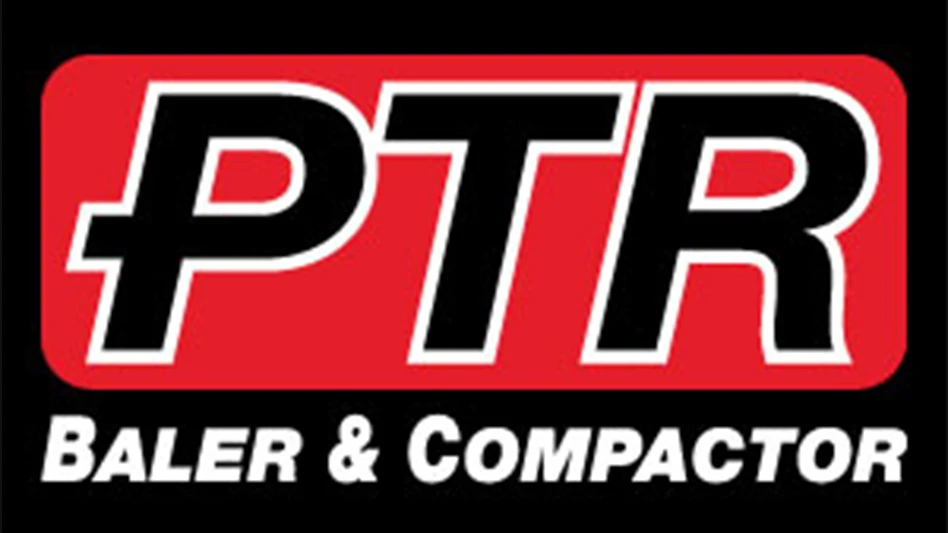
Solar panels contain myriad recyclable commodities, including aluminum, glass, copper, silver, plastics and silicon.
Since 2023, SolarPanelRecycling.com, or SPR, has tried to put itself at the forefront of what it calls “clean commodity separation,” providing consumers of those materials with an increasingly reliable and high-quality stream.
Much like the industry it occupies, SPR, based in Salisbury, North Carolina, has spent the last two years rapidly evolving. The company already operates four facilities and plans to open more throughout the United States in an effort to build out a network of regional recycling locations within proximity to its growing customer base.
Also, in its home state of North Carolina, SPR is the exclusive recycling partner of solar contractor, operations and maintenance company STG Solar and works closely with the Solar Energy Industries Association (SEIA) as an approved solar panel recycling vendor and partner on a project studying the feasibility of a residential panel drop-off program that, if successful, could be launched nationwide.
Though he earned a degree in business marketing and an MBA in management, CEO Brett Henderson has developed a passion for circularity that has served SPR well in its short life.
“I love bringing in a product and not only having the environmental benefits of keeping it from landfill and properly managing it but now, all of a sudden, feeding other industries and other manufacturers’ products with this recycled material,” he says. “That’s the part that really fascinates me and keeps me going. … It’s been a fun ride.”
Finding a new lane
SPR was spun out of Powerhouse Recycling, a certified electronics recycling and secure data destruction company that has been based in Salisbury since its 2008 founding. According to Henderson, who joined Powerhouse right out of graduate school in 2010, the company services a number of industries throughout the United States, including clients in the utility and energy space.
In 2018, Henderson was approached by a client representing a national utility company that was replacing a small solar farm with between 8,000 and 10,000 panels who wondered if Powerhouse could partner in their processing. Recognizing the lack of information or viable recycling options available in the U.S. at the time, Henderson and Powerhouse’s team began a research and development (R&D) phase and even traveled to Europe and Asia to learn about recycling methods and technology.
“It seems that the [European] and Asian markets are typically a little bit more proactive than the United States in terms of recycling,” Henderson says. “So, there’s a little bit more information and technological advances abroad. … We learned a whole lot and did a lot of R&D.”
Powerhouse worked exclusively with the utility company for the next five years on processing end-of-life panels, and in 2023, SPR was established to focus on the solar business.
“We really opened up our sales and procurement team to go out nationally and start partnering with energy and utility companies and EPCs [engineering, procurement and construction companies] around the country to start sourcing these things,” says Henderson, who also serves as vice president of operations at Powerhouse Recycling.
He says despite the ebbs and flows of solar panel availability, SPR recycled about 500,000 panels in 2024 and expects to surpass that this year. The company is able to recover up to 95 percent of the valuable materials found in a panel.

Evolving together
SPR has managed to grow along with the solar industry, expanding to four locations and even developing new recycling technology. The company serves all 50 states and aims to lower its clients’ carbon footprints by offering transportation for panels to its nearest processing facility.
Combined with Powerhouse’s staff, which includes full R&D and compliance teams, technicians, engineers and drivers to transport panels for recycling, the companies employ approximately 205 people, with many employees in dual roles.
Henderson says SPR plans to separate from its parent company in the near future and hopes to build a team of approximately 150 dedicated employees within the next 18 months.
In addition to its headquarters, SPR operates a separate receiving plant in Salisbury and processing and receiving facilities in Lawrenceville, Georgia, and Breckenridge, Texas. In the coming years, Henderson says more processing facilities will open as SPR builds out a network of regional sites.
The company, which primarily works with utility and energy firms, is looking to the U.S. West for its next plant as it is working on a project involving more than 1.5 million panels in that region.
“It would either be a large-scale project that we have a commitment to, such as this one out West, or it would be a certain region where you see regulations finally trending toward encouraging recycling and keeping [panels] from a landfill—or what we call incomplete recyclers that are ultimately going to remove the aluminum frame and the other 90 percent probably goes to a landfill or is shredded with no sort of containment system or air filtration system,” Henderson says of potential locations to come.
Bolstered by extensive investments in R&D and innovation, SPR’s three recycling facilities have been equipped for “clean commodity separation,” where the multitude of recyclable materials found in a panel can be extracted and sold to different consumers. In particular, SPR performs some mechanical and thermal processes to extract glass, aluminum, copper, silver, plastic and silicon, for example.
Henderson says SPR’s approach is much more nuanced than what he calls “incomplete recycling,” where the aluminum frame is removed and the glass, silicon and metals are shredded together and commingled, rendering them unusable.
“The layers of the solar panel are all encapsulated together,” he says. “So, by just shredding it, you’re just making smaller pieces of contaminated items where glass is stuck to the silicon, [for example]. What we’re doing, through different mechanical processes, electrostatic processes, different air density type separation systems, is basically getting these materials down to their core commodities and any other underlying metals that may be in it.”
At the start of this year, SPR launched an automated line for recycling bifacial solar panels at its Salisbury location. The technology, which SPR claims is the first dedicated bifacial processing line in the U.S., enables clean glass separation from these bifacial modules at recovery rates of 99 percent or higher.
When it announced the addition in January, the company noted that while the solar market previously had been dominated by monofacial solar panels, the industry is standardizing to bifacial modules at a quick pace because of their higher efficiencies and energy yields to the growing utility sector.
“We were starting to see a pretty high amount of bifacials hit our facility,” he says. “We just weren’t happy with the recovery rates with the current technology that we created or technology that’s readily available on the market, so we [developed the new line]. We’re pretty proud of it.”
Prioritizing partnerships
While SPR expands its own operations, it also has worked with the broader industry to ensure more solar panels end up in the recycling stream.
In late 2024, the company was selected as the exclusive recycling partner of Pisgah Forest, North Carolina-based STG Solar, which is regarded as one of the highest-rated installers in the southeastern U.S.
When it announced the partnership, SPR said it was selected because of its ability to meet strict sustainability and compliance standards in rapid material testing, cost-effective recycling and advanced tracking metrics, including the number of panels recycled and pounds of material diverted from landfills.
The partnership establishes STG with a streamlined recycling process during the panels’ lifetime phases, including construction and operation as well as the repowering of future systems and 1.9 gigawatts of existing projects.
SPR also has continued to work with Washington-based SEIA, the industry organization representing 1,100 members. SEIA provides due diligence for its membership so the industry has access to compliant, cost-effective and transparent recycling services. It also features an extensive auditing process for recycling partners.
In September 2024, SEIA approved SPR as a recycling vendor for its National PV (photovoltaic) Recycling Program. This February, SEIA chose SPR to launch a partnership program with Mecklenburg County, North Carolina, to establish convenient drop-off locations for end-of-life residential solar panels.
The pilot program is designed to be a blueprint for expanding nationally to make solar panel recycling accessible to all residential panel owners. Mecklenburg County, which includes Charlotte, is serving as the flagship county for the six-month pilot, where SEIA and SPR will generate data to create a template for other municipalities across the country. The program, which will provide recycling at no cost to residents, will use five electronic drop-off locations across the county, including SPR’s headquarters in Salisbury.
“It can be hard [for a resident] to take one panel and put it on a pallet and get it to a recycling facility,” Henderson says. “A lot of residents might not even have the ability to get a pallet and get it on a truck. Even with residential panels that are smaller, you’re still looking at a 5-foot-tall [panel], and it’s not an easy thing to just kind of wrap in a box and send it to FedEx.
“What we did is we partnered with Mecklenburg County, which represents the greater Charlotte area. North Carolina is fourth in the nation in solar installations, so it was a good fit. We already have a lot of our logistics in place to collect in those areas, and we’re doing this pilot program where SEIA wants to collect data on how many residents are willing to bring panels to their closest recycling point and what the challenges would be for a solid waste director or convenient recycling center to handle panels that are a little bit larger.”

Meeting challenges
As the solar industry quickly evolves, Henderson acknowledges that challenges must be addressed.
For one, the industry is confronting the realization that solar panel recycling infrastructure is not a down-the-road problem. He says in addition to severe weather events or incidents such as a lawnmower kicking up a rock that can lead to panels breaking well before they reach the end of their expected 25-to-30-year lifespan, increasingly powerful panels are hitting the market, leading to early replacement of older modules.
“The panels are coming out sooner, so I think it’s important for everyone to know that the time is now [to develop more recycling infrastructure],” Henderson says. “We could finally be somewhat proactive in the United States from a recycling standpoint versus reactive, which is a wonderful opportunity before there are bigger issues that could occur.”
Another issue is misinformation regarding the clean energy industry and recycling, he says. Some people have the incorrect belief that “there’s nothing to do” with panels that have reached the end of their lives.
“That’s obviously not the case,” Henderson says. “We get these panels into recycling, bring them down to clean commodities and get them back into different manufacturing spaces, which is circularity at its best. That creates jobs, that creates manufacturing jobs one step past the recycler that might be local, and it’s kind of a wonderful thing.
“We need to start acting on it now and make sure people know there are viable recycling options out there.”

Explore the April 2025 Issue
Check out more from this issue and find your next story to read.
Latest from Recycling Today
- Recyclers likely to feel effects of US-China trade war
- BCMRC 2025 session preview: Navigating battery recycling legislation and regulations
- Yanmar Compact Equipment North America appoints new president
- LYB publishes 2024 sustainability report
- Plum Creek Environmental acquires Custom Installation LLC
- Avis introduces Harris American Co.
- International Paper in talks to divest 5 European box plants
- Recycled PP from Polykemi, Rondo Plast used in flood protection product







